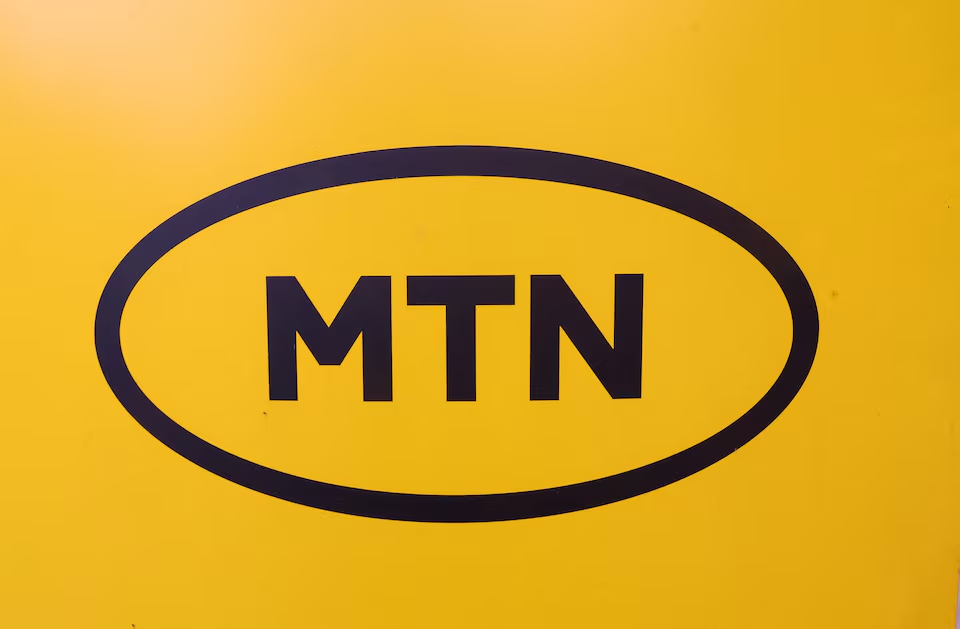During an investor call, Read said its performance in the six months to end-September was “a direct consequence of the strategic actions we’ve taken over the last two years to reshape Vodafone”.
Vodafone’s H1 revenue fell 2.3 per cent year-on-year to €21.4 billion, with lower earnings from roaming, foreign exchange headwinds, a fall in handset sales and the removal of its now sold operation in New Zealand hitting figures.
Read did, however, point to good momentum in the rest of its business and revenue gained from adding assets acquired from Liberty Global in Europe into its numbers.
Net profit was €1.6 billion, compared with a loss of €1.9 billion, though both sets of figures were impacted by significant one-off items.
Results for the recent period included a gain of €1 billion from a merger of Vodafone Hutchison Australia and TPG Telecom which completed in July.
In H1 2020 it stripped its India business out of its results and wrote down the value of its stake in joint venture Vodafone Idea.
Restructure
Vodafone is two years into a long-term strategy to refocus various areas of the business.
Moves so far have included cost cuts; digital initiatives; changes in consumer offers; divesting operations outside its core markets in Europe and Africa; and signing various network sharing agreements. It is also in the process of spinning-off and preparing to IPO its tower assets.
At the same time it is launching 5G across its markets in Europe with 127 cities across nine markets able to receive the service by end-September.
Read added his aim was to “transform Vodafone into a business that enables a digital society, generating both sustainable growth and attractive returns”.
“We are executing [the business plan] at pace, but there remains more to be done to achieve our goals.”
Vodacom
Africa subsidiary Vodacom Group booked revenue of €2.4 billion in H1 2021, down from €2.7 billion.
The company noted strong growth in earnings from South Africa on demand for voice and data, a trend it said was “supported by an increase in consumer discretionary spend as a result of the ban on alcohol and tobacco sales and special government social grants during the Covid-19 (coronavirus) pandemic”.
Vodacom’s International division, comprising units outside of South Africa, reported “economic pressure and the disruption to our commercial activities” due to issues related to the pandemic including the zero-rating of some mobile money transfers.
Source: mobileworldlive




